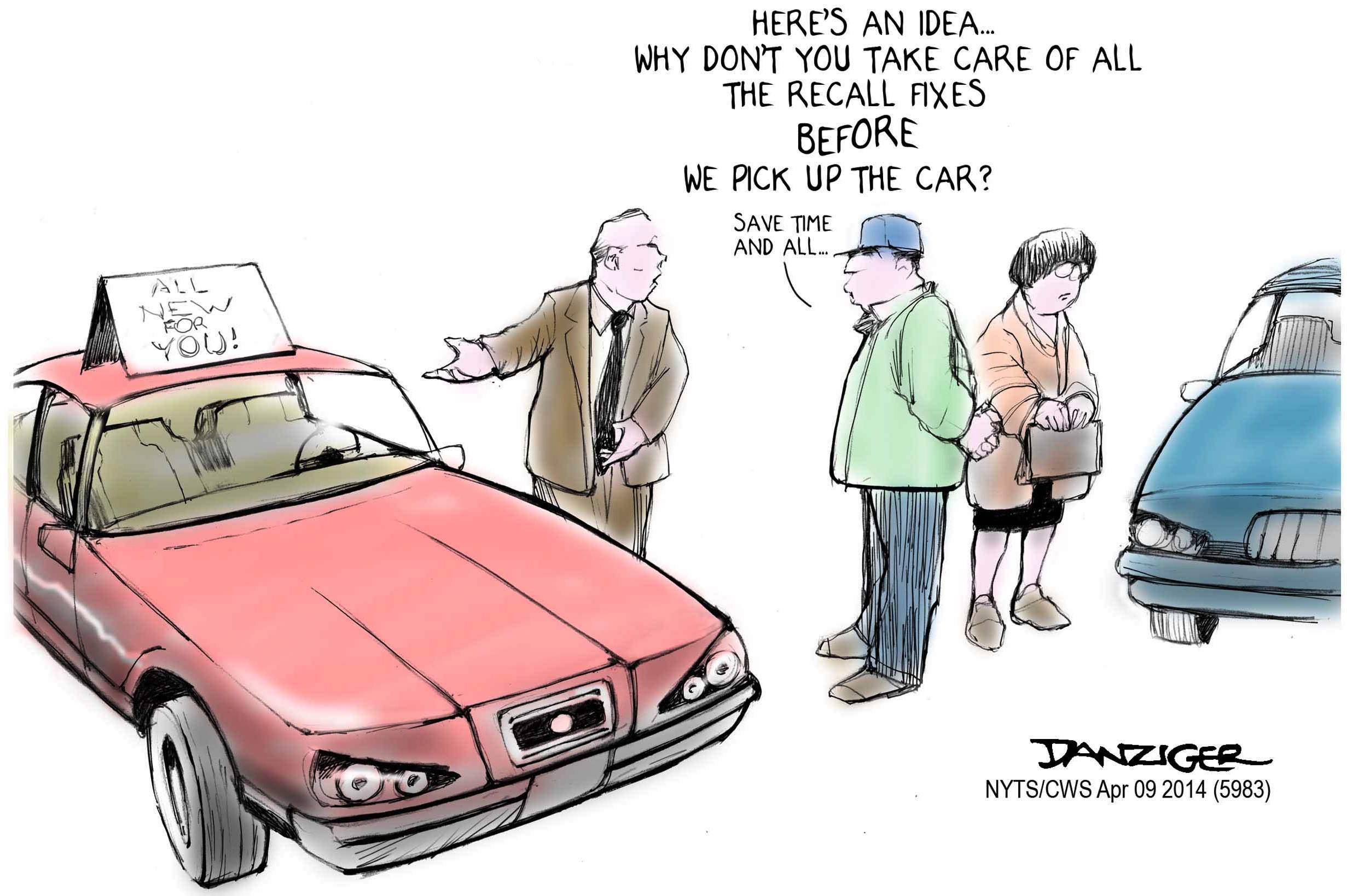Ever since the United States began seriously regulating automotive safety in the 1970s, deaths on the nation's roadways have been in steady decline. Though the last 40 years have been punctuated by a few notable auto-safety scandals, these have been relatively rare, and two of the biggest (Audi in the 1980s and Toyota in 2009-2011) hinged on the dubious phenomenon of "sudden unintended acceleration." As recently as 18 months ago, the casual observer might well have concluded that automotive safety was a problem that was fixing itself and thus unlikely to yield much further public scrutiny. Today, such optimism seems unwarranted.
This week, the auto industry broke the record for the largest consumer product recall in U.S. history when Takata doubled its already-massive recall to nearly 34 million vehicles, admitting that its air bags — which can explode when they deploy — were defective. The previous record was held by the 1982 recall of 31 million bottles of Tylenol, when a man allegedly laced the painkillers with potassium cyanide. But for all the comic-book villainy of that terrifying incident, it seems almost random when compared to Takata's death-by-bean-counting spree. One can accept that a small number of psychopaths will always lurk in society's shadows, but when the giant companies responsible for your day-to-day safety can't find the root cause of a lethal defect after years of warnings from its clients and engineers, the terror becomes truly systemic.
The cost savings Takata apparently enjoyed by using ammonium nitrate as an air bag inflator made it a leading supplier, and now 11 automakers find themselves exposed to the potentially lethal defect. But Takata's exploding air bags are just one of three major auto-safety scandals that continue to grow more troubling with each passing day.



